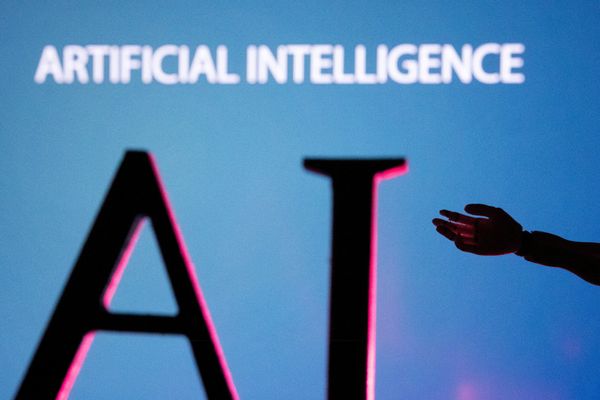By Yasmin Ramlan
SHAH ALAM, May 5 — Prime Minister Datuk Seri Anwar Ibrahim has called on Malaysians, especially youth, to master artificial intelligence (AI) while ensuring the development and application of these tools are rooted in national values, cultural identity, and historical context.
Anwar said AI should be viewed not just as a technical revolution, but as a broader societal challenge that must reflect Malaysia’s unique identity and ethical perspectives.
“It’s important for us to master the knowledge, not just follow the typical engineering path, but create solutions shaped by our own values, history, and institutions.
“The real challenge goes beyond technical or scientific expertise; it also involves understanding our society’s history, culture, and arts,” he said during Temu Anwar — a meet-and-greet with private university students — at Management and Science University here today.
Anwar said mastering AI and digital technology is crucial, and compared it with past revolutions like the rise of computers and industrial advances.
However, he said Malaysia must do more than just replicate the approaches of other more powerful countries or foreign developers.
In this context, he urged the nurturing of a generation of engineers and experts capable of creating solutions aligned with Malaysia’s moral and cultural framework.
“This is not just a technical issue. The real challenge lies in embedding our values, history, and cultural identity into the digital future we’re building,” he said.
Recognising the shortage of skilled professionals in AI, Anwar proposed more structured national efforts, including coordination by the Higher Education Ministry, to engage public institutions and private entities to accelerate talent development and AI research.
Anwar said institutions with strong capabilities, whether public or private, must be integrated via a cohesive strategy to break the traditional silos of research.
His remarks come amid Malaysia’s push for a more digitally empowered economy under the Madani framework.




